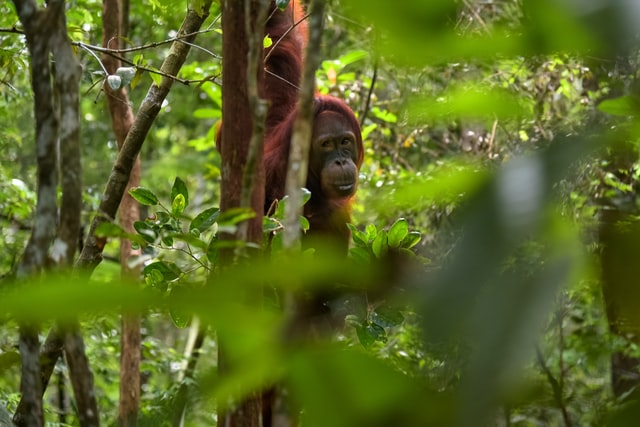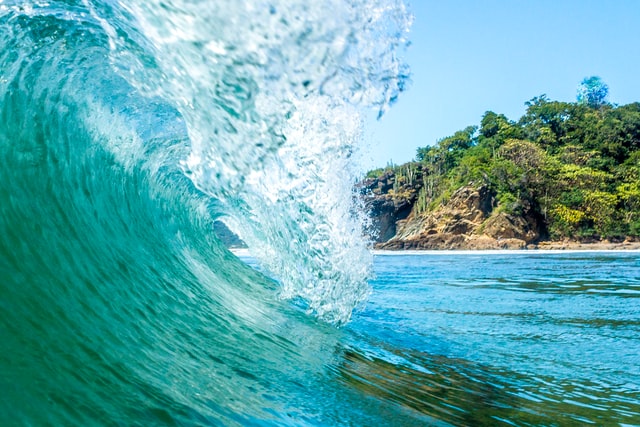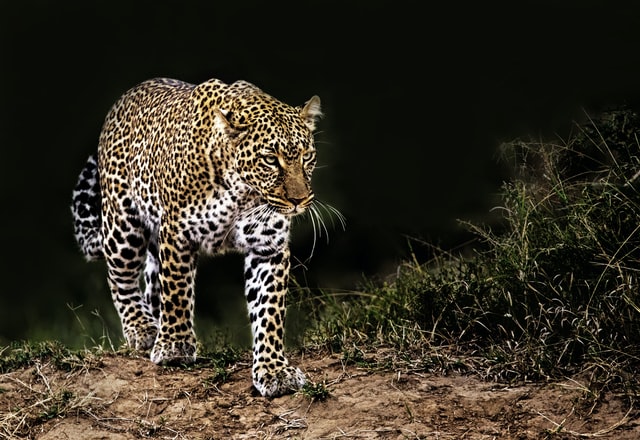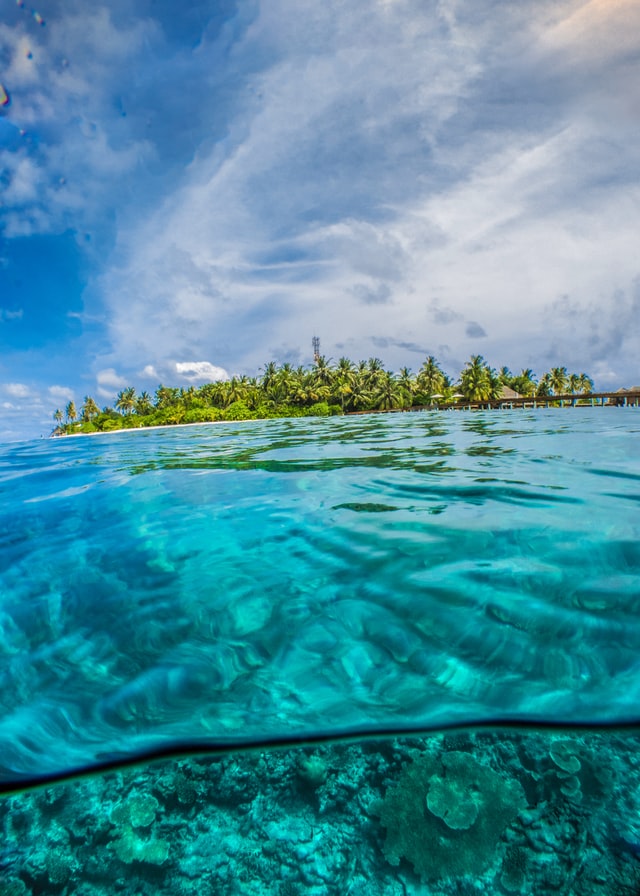
- Sustainable Planet -
- 5mins -
- 429 views
50+ countries commit to protection of 30% of Earth’s land and oceans by 2030
A coalition of more than 50 countries has committed to protect almost a third of the planet by 2030 to halt the destruction of the natural world and slow extinctions of wildlife.
promise is key to preventing mass extinctions and ensuring clean air and water says Coalition
A coalition of more than 50 countries has committed to protect almost a third of the planet by 2030 to halt the destruction of the natural world and slow extinctions of wildlife, reported The Guardian on Monday. The High Ambition Coalition (HAC) for Nature and People, which includes countries from six continents, made the pledge to protect at least 30% of the planet’s land and oceans before the One Planet summit in Paris on Monday 11 January, hosted by the French president, Emmanuel Macron.

Announcement kicks off an urgent year for action on biodiversity and the climate
As the natural world continues to disappear at an unprecedented rate, a group of over 50 countries—which (as of 10 January 2021) together harbour 30% of global terrestrial biodiversity (using vertebrates as a proxy) and a quarter of the world’s terrestrial carbon stores (biomass and soil), and 28% of ocean biodiversity priority areas and over a third of the ocean carbon stores—have announced their commitment to protect at least 30% of the globe’s land and ocean by 2030, and to champion an ambitious global deal to halt species loss and protect ecosystems that are vital to human health and economic security.
Their announcement kicks off what Costa Rica, France and the United Kingdom call an urgent year for action on biodiversity and the climate.
Launched on 11 January 2021, at the One Planet Summit for biodiversity, the High Ambition Coalition (HAC) for Nature and People, which is co-chaired by Costa Rica, France and the United Kingdom, brought together over 50 governments from across six continents aiming to secure a global agreement to protect at least 30% of the planet’s land and at least 30% of the planet’s ocean by 2030 at the Convention on Biological Diversity COP15, which will be held later this year in Kunming, China.
Source: CampaignForNature

ALPHABETICAL LIST OF MEMBERS OF THE HIGH AMBITION COALITION:
Angola, Armenia, Benin, Botswana, Canada, Chile, Colombia, Costa Rica, Côte d’Ivoire, Czech Republic, Democratic Republic of Congo, Denmark, Dominican Republic, Ecuador, Ethiopia, European Commission, Finland, France, Gabon, Greece, Grenada, Guatemala, Ireland, Italy, Luxembourg, Japan, Kenya, Marshall Islands, Mexico, Monaco, Mongolia, Mozambique, Netherlands, Nicaragua, Nigeria, Pakistan, Panama, Peru, Portugal, Republic of Congo, Romania, Rwanda, Senegal, Seychelles, Slovakia, Slovenia, Spain, Switzerland, Uganda, United Arab Emirates, United Kingdom

Why 30%?
The natural world provides critical resources that sustain all life on Earth including human life — from the air we breathe and the water we drink, to the food we eat and the ecosystem services that counteract the damaging impacts of climate change.
But evidence shows that the ongoing and rapid loss of natural areas across the world poses a grave threat to the health and security of all living things. Scientists have documented that humans have severely altered 66% of our ocean and 75% of our land areas. The landmark 2019 IPBES’ Global Assessment Report on Biodiversity and Ecosystem Services found that about one million animal and plant species are now threatened with extinction, many within decades.
Researchers warn this loss of nature imperils our clean air and clean drinking water, the survival of wildlife, the prosperity of communities, and our ability to protect ourselves from the impacts of a changing climate. Once our natural world is gone, there is no way to recreate the $125 trillion in economic value that it provides us each year, and it’s clear our economies must change the way they do business.
Scientific evidence points to a way forward to prevent the mass extinction crisis, which entails the protection of, at a minimum, 30% of the planet by 2030.
Source: CampaignForNature

Indigenous peoples and local communities are protectors of the most biodiverse sites in the world
To effectively and equitably meet this increased target, Indigenous People and Local Communities (IPLCs) should be engaged as partners in the design and management of these conserved areas, ensuring free, prior and informed consent and alignment with the UN Declaration on the Rights of Indigenous Peoples.
The HAC for Nature and People has created a task force to address indigenous people and local communities’ concerns and promote indigenous wisdom in the CBD negotiations. This task force has initiated a dialogue with the International Indigenous Forum on Biodiversity.
It’s increasingly clear that protecting biodiversity can be a driver of post-COVID-19 economic recovery. The most comprehensive analysis to date on the economic implications of nature conservation found that the benefits of protecting 30% of the planet would outweigh the costs by a ratio of at least 5 to 1.
A recent McKinsey study found that protecting 30% of the planet’s land and at least 30% of the planet’s ocean could create up to 650,000 jobs and support about 30 million jobs in ecotourism and sustainable fishing.
Additional studies have shown that marine protected areas could improve fisheries, recreation, natural hazard protection (Marinesque et al., 2012), as well as food security, with the potential to restore fish populations by over 600%, with positive spillover effects on commercial fishing as well.
This is the official, global launch of the HAC with over 50 countries, which has its origins in previous international meetings. In September 2019, at the 74th United Nations General Assembly, Costa Rica and a handful of other countries announced their intention to form a coalition for nature.
The idea behind the HAC was officially introduced in the PreCOP25, held in Costa Rica in October 2019, by ministers from co-chairs Costa Rica and France and Ocean co-chair United Kingdom, along with Finland, Gabon and Grenada. In December 2019, Costa Rica and France hosted a pioneers meeting in Madrid at the UNFCCC COP25, where countries aligned on focus areas, structure and a roadmap and formally committed to the goals of the HAC for Nature and People.
Source: CampaignForNature

